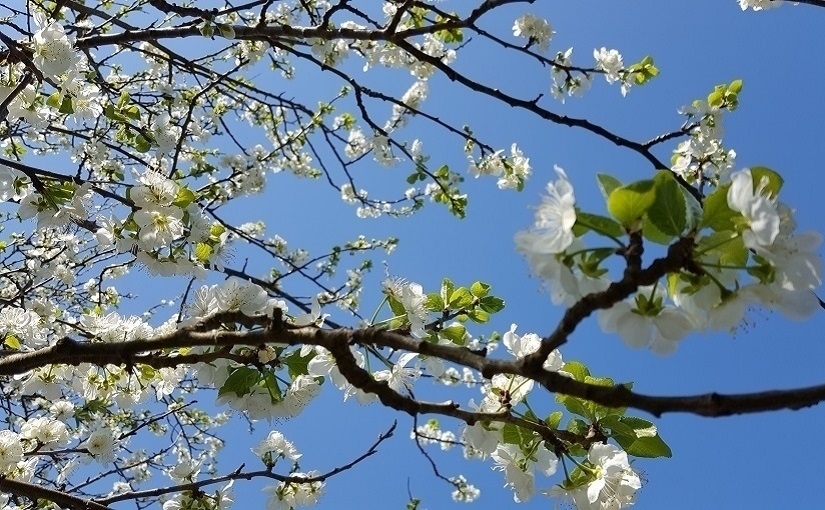Lately I’ve been picking in a few different ways at the idea of boundaries – how they define us or allow us to express our choices; how they offer possibilities for growth through the potentially powerful limitation of options (see Notes One). It’s just a thought really, this concept of an edge where ‘we’ meet ‘the world’ and decide what we want to happen there.
On one level, it’s a question of identity: what makes one entity different from another. ‘Identity’ possibly coming down to our choices and the rules we live by (whether consciously chosen, inherited, or some blend of the two); this idea of a regulatory presence governing a space and bringing to it a sense of definition.
And when it comes to definition, I suppose we need an idea of our options and what they might ‘mean’ socially; a sort of acclimatisation to the human world of meaning. It’s clearly a vast world. Once we’ve tracked back historically or culturally in various directions we’re talking about a massive amount of options, interpretations and re-interpretations of what it means to be human (Notes Two).
Essentially, it seems we now live in these increasingly open and overlapping communities; often dipping from one to another to find what suits us best, allowing us to express or explore different aspects of our ‘personalities’. It’s quite a beautiful thing really, but almost inevitably risks both division and conflict.
I mean, humans tend to seek what we have in common in order to forge stable bonds through the constancy of identity and relationship. A large part of ‘society’ must be knowing where we stand and what it all means, for us and about us. Nations, historically, arising from what groups of people had in common, their shared outlooks and interests in life.
One of the beautiful challenges of modern times seems to be this free-flowing convergence of different ways of being. Challenging to the extent that it takes a strong yet flexible sense of self to not feel threatened by others making different choices. Communicating confidently yet tolerantly in a world of constant difference doesn’t seem to be coming naturally (Note Three).
It clearly ‘is’ challenging. Across the globe, in big and little ways, we’re struggling to understand one another, cope with life’s demands, and find ways to be more considerate and inclusive through our words and actions. And that’s opening doors to address our changing relationships to people, resources and infrastructure; whether we’re talking of technology or community.
Modern life’s fascinating in that we’re more connected than ever, yet local communities are struggling to ‘compete’. Community seemingly used to be this really living, vibrant reality where people connected culturally, socially, and economically. Arguably quite powerful places where life ‘happened’ as people found their roles within it (Note Four).
How our tangible communities might evolve to find their place within modern life may be confronting at times, but also an amazing opportunity to express our values by making meaningful changes to how we’re living.
Notes and References:
Note 1: Masks we all wear
Note 1: Limits having a purpose
Note 1: Codes of behaviour
Note 2: Meaning in culture
Note 2: People, rules & social cohesion
Note 3: Listening, tolerance & communication
Note 4: Community as an answer
For some different though not unrelated ideas around limits, power and modern life, there’s Pre-tech in film.

